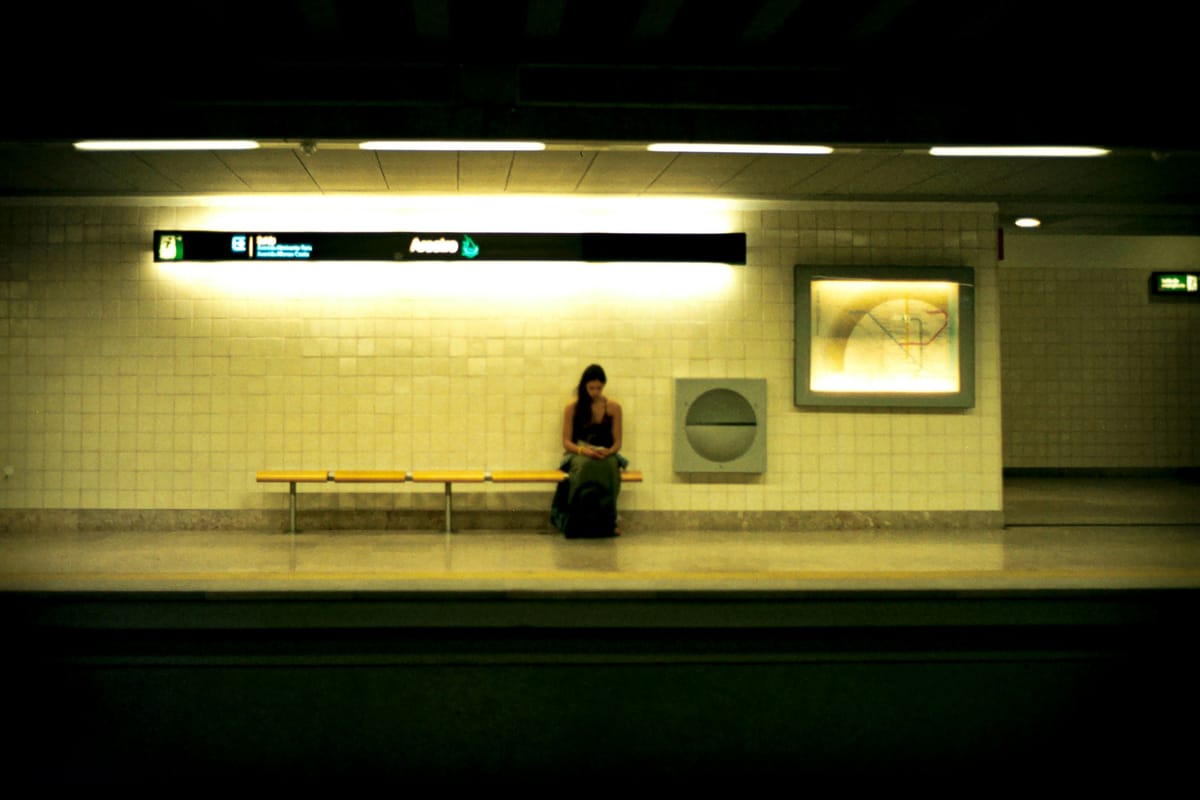When many people I know from my old life in New York find out I've emigrated to Lisbon, they assume I did so for typically self-interested hipster reasons. As they see it, I am following a chain migration of gentrifiers that has made Lisbon housing unaffordable to most Portuguese earning an average wage.
Maybe they thought I was drawn to the city like the couple in Vicenzo Latronico’s recent novel Perfection, looking for, as they put it, “the new Berlin — only with Mediterranean food, mild winters and the sea”, plus decriminalised hard drugs. Here was the promise of a kind of libertarian lifestyle paradise on the Atlantic seaboard, albeit the other side — a city for connoisseurs of houseplants and old ceramic tiles, and where modest wealth can still get you an apartment in a building with art-deco ironwork, futurismo friezes, wood floors, or pseudo-Bauhaus balconies. This is a place where whole neighbourhoods and parishes — like soon-to-be post-trendy Santos — have been overrun by nonsense international English storefronts with names like “Dear Breakfast”, “Hello Kristof” and “House of Curated”. The chief product is brunch with a side of aspirational high fashion.
There has also been a surge of club-like luxury apartment hotels with apparently AI-generated literary names. There’s The Verse (“They fuck you up, your mom and dad/ but sometimes they also leave you their dosh”), and The Editory (which does not offer editing services, neither to guests nor its “creators”). No one is likely to ever read a printed book, let alone write one in such places. They are intended to catch the long tail of the digital nomad and brief crypto-boom era, beginning in 2018 when bros and their gurus moved here chasing tax breaks and waves.
Register for free to read this article.
